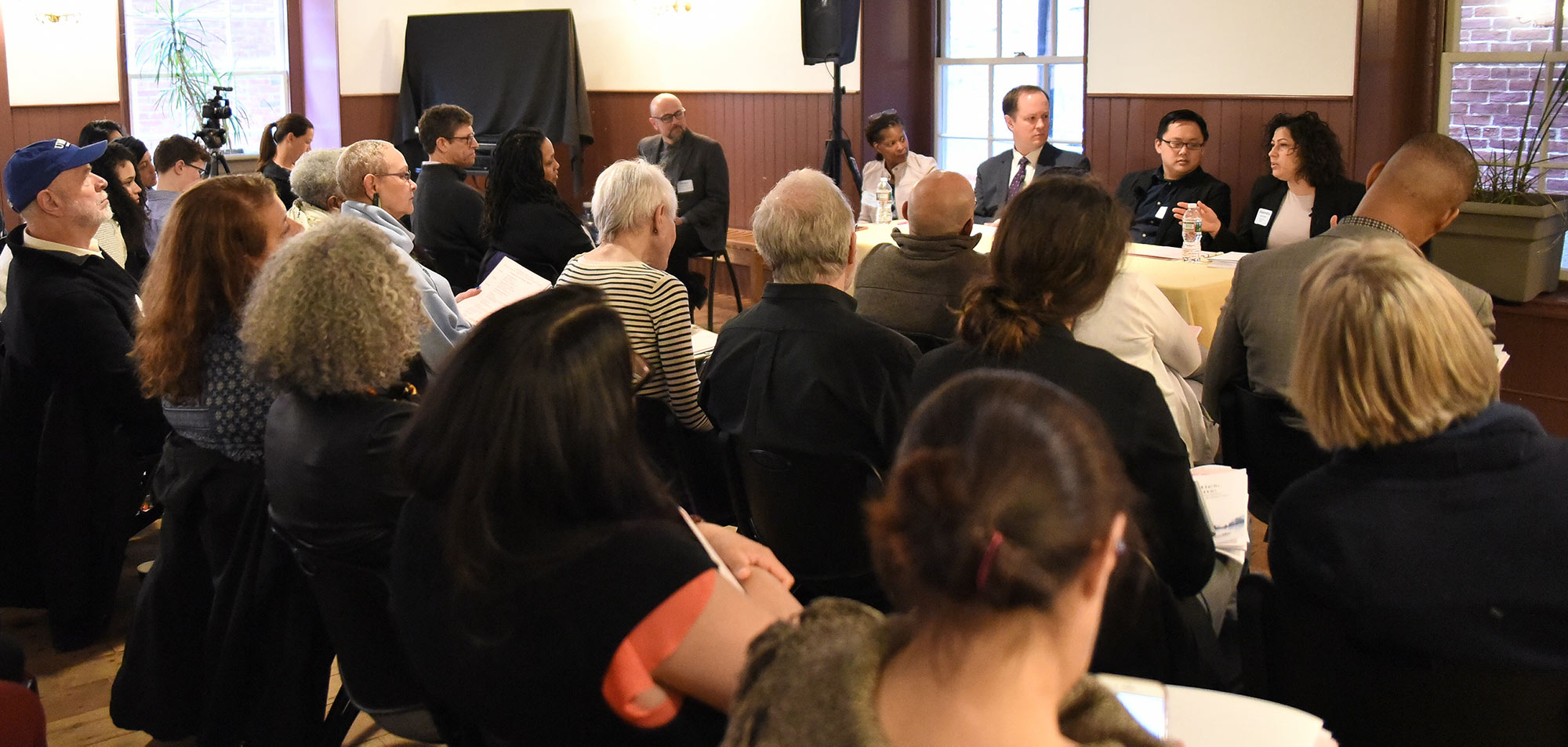I recently had the opportunity to participate in a panel discussion promoting the release of a new report by The Hyams Foundation, Racial Inequities, Policy Solutions: Perceptions of Boston’s Communities of Color on Racism and Race Relations. The report assessed attitudes on race, policies, and quality of life among people of color in the City of Boston.
As a community activist with many roles from organizer to nonprofit professional, I’ve seen throughout my work how the lived experiences of whites and people of color in Boston reflect starkly different realities. There are widening gaps in terms of economic mobility, healthcare access, educational outcomes, housing affordability, job opportunities, and the criminal justice system. The report captures the extent to which these gaps persist and also examines the nuanced differences in opinions and experiences between Black, Asian, Latino and white voters in Boston based on age and gender.
The data from this illuminating report reveals a familiar story to many living with and working hard to re-address these racialized inequities. Across the people polled, the data represents that we generally agree on many common sense solutions to these persistent problems. Specifically, the solutions mentioned in this report are to:
- Engage in dialogues to improve race relations;
- Upgrade public transportation, investment in jobs for young people and early childhood education; and
- End the racial discrimination within the criminal justice system.
But what we have historically lacked is a commitment to follow through on the implementation of the policy changes we know are needed. Our organizations and institutions continue to be the biggest barriers to actual progress and change. The only way for that to happen is to shift the culture at our organizations and institutions to include people of color in leadership roles and decision making positions, to ensure that policies, public dollars and projects are being implemented where they have the most impact in dismantling racial inequities and include the people who are directly impacted.
As the report recommends, it will take each one of us to be ‘agents of equality’, and that means we all have the responsibility to not only know what needs to be done as part of the systems and institutions who are developing and implementing public policy, but to make a commitment to take action.
